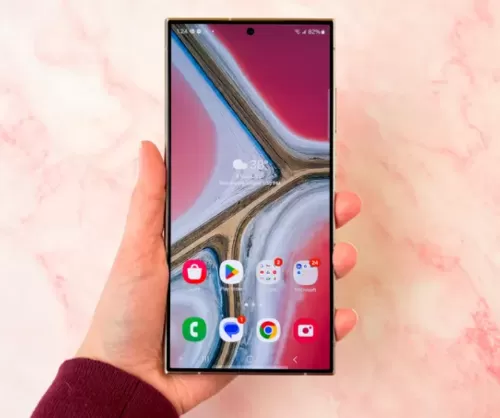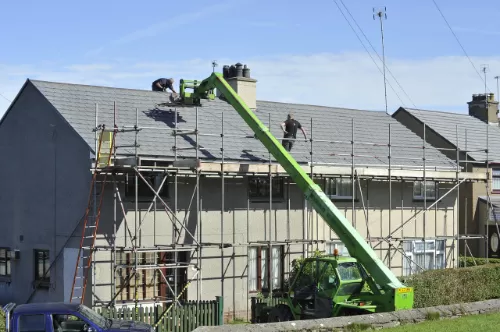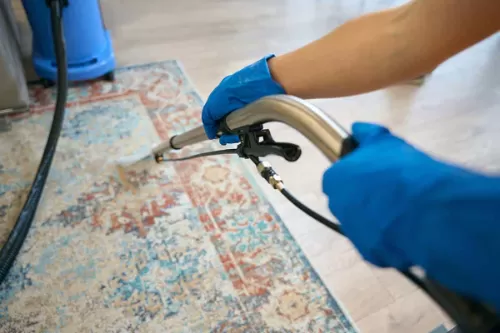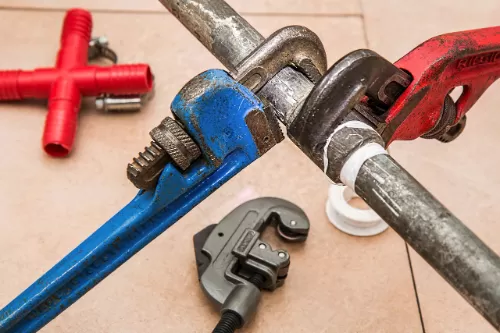Choosing a Smartphone for Seniors: A Comprehensive Guide
As technology continues to evolve, smartphones have become an essential tool for staying connected with family and friends, accessing information, and even managing health.
Related searches

However, for seniors, choosing the right smartphone can be daunting, especially when considering ease of use, accessibility features, and the ability to make video calls. This guide will help you understand the key factors to consider when selecting a smartphone for an older adult.
Key Features to Look for in a Smartphone for Seniors
Ease of Use
Simple Interface: A smartphone with a clean, intuitive interface is ideal for seniors who may not be tech-savvy. Look for phones that offer simplified home screens with large icons and easy navigation.
Physical Buttons vs. Touchscreen: Some seniors may prefer smartphones with physical buttons, especially if they find touchscreens difficult to use. However, many modern smartphones offer responsive touchscreens that are easy to operate.
Large Display
Screen Size and Resolution: A larger display with high resolution is important for seniors who may have vision impairments. Look for screens that are at least 5.5 inches and have high pixel density for clear, sharp images.
Adjustable Font Size: Ensure the phone allows for easy adjustment of font size and contrast, making it easier for seniors to read texts and navigate apps.
Accessibility Features
Voice Assistance: Smartphones equipped with voice assistants like Google Assistant or Siri can help seniors perform tasks such as sending texts, making calls, or setting reminders without needing to navigate complex menus.
Hearing Aid Compatibility: For seniors with hearing impairments, it’s crucial to choose a phone that is compatible with hearing aids. Look for phones with a high M (microphone) and T (telecoil) rating, which indicates better compatibility.
Battery Life
Long-Lasting Battery: A smartphone with a long battery life is essential, as seniors may forget to charge their devices regularly. Look for phones with batteries that can last at least a full day of use on a single charge.
Durability
Sturdy Build: Consider phones that are built to withstand drops or have water-resistant features, reducing the risk of damage.
Protective Cases: Investing in a durable case can provide additional protection and make the phone easier to grip.
Emergency Features
SOS or Emergency Button: Some smartphones designed for seniors include a dedicated emergency button that, when pressed, can call or send messages to pre-set contacts. This feature can be invaluable in an emergency.
Medical ID: Ensure the phone has a feature for setting up a medical ID that can be accessed by first responders in case of an emergency.
Video Calling Capabilities
User-Friendly Video Calling Apps: The ability to make video calls is often a top priority for seniors who want to stay connected with family and friends. Choose a phone that supports popular video calling apps like WhatsApp, Zoom, or FaceTime, and ensure these apps are easy to use.
Front-Facing Camera Quality: A phone with a good front-facing camera will provide clearer video calls. Look for a camera with at least 5 megapixels.
Price and Value
Affordability: While it’s important to get a phone with the right features, it’s also crucial to find one that fits within your budget. Many smartphones offer excellent value without the premium price tag of flagship models.
Consider Prepaid Plans: For seniors who don’t need unlimited data or talk time, a prepaid plan might be a cost-effective option.
Choosing the right smartphone for a senior requires careful consideration of their specific needs and preferences. By focusing on ease of use, accessibility, and essential features like video calling, you can find a device that not only meets their needs but also enhances their ability to stay connected and independent. Whether you opt for a simplified model like the Jitterbug Smart3 or a more versatile device like the iPhone SE, the key is to ensure the phone is tailored to the senior’s lifestyle and abilities.

Why ADA Compliant Walk In Showers Are Essential For Senior Safety

Your Complete Guide to Carpet Flooring: Maintenance, Lifespan, Installation Costs, And Warranty Coverage

Mastering Roof Repair for Every Home and Business Owner

How Outsourcing Warehouse Services Can Cut Costs And Boost Efficiency

5 Steps for Effective Water Extraction: Protect Your Home from Water Damage

Find the Perfect Wedding Photography Package for Your Big Day








